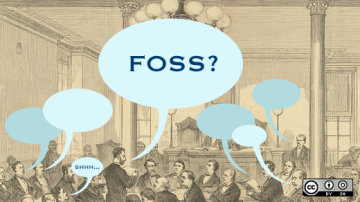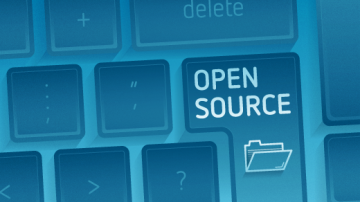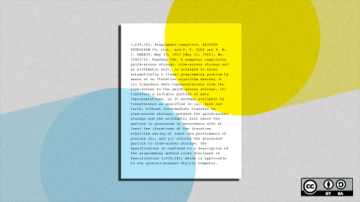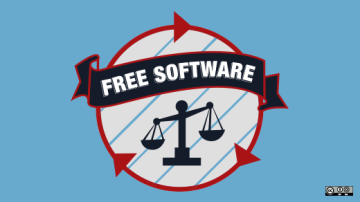
Mark Radcliffe is a senior partner who practices corporate securities and intellectual property at DLA Piper. DLA Piper is a global law firm with over 4000 lawyers in more than 40 countries and 65 cities. He earned a B.S. in Chemistry magna cum laude from the University of Michigan and a J.D. from Harvard Law School. Mr. Radcliffe’s practice focuses on representing corporations in their intellectual property and finance matters. He has worked with many open source companies and is Chair of the Open Source Practice Group at the firm. He assisted Sun Microsystems in open sourcing the Solaris operating system and drafting the CDDL. And he represents other large companies in their open source matters including eBay, Accenture, Adobe, Palm and Sony. He represents many open source startups including SugarCRM (the first venture backed open source applications company), DotNetNuke and Cleversafe as their general outside counsel (including both their financing and intellectual property matters), and represents Zimbra, DeviceVM, Revolution Computing, Compiere, Funambol and Reductive Labs for intellectual property matters, He represented Siemens Venture Capital in their investment in MontaVista Software, Inc and Hummer Winblad and Morganthaler in their investment in MuleSource. He also serves as outside General Counsel for the Open Source Initiative and was the Chair of Committee C for the Free Software Foundation in reviewing GPLv3.
He has spoken on open source issues at the Open Source Business Conference, Silicon Valley Association of General Counsel, American Corporate Counsel Association and O’Reilly Open Source Conference. In 1997, the National Law Journal named him one of the 100 Most Influential Lawyers in the United States. . He has been listed in the “The Best Lawyers in America,” beginning with the 2005 edition, as one of Northern California’s Top 100 intellectual property attorneys in “Super Lawyers,” San Francisco Magazine as one of “America’s Leading Lawyers for Business” and Who’s Who Legal publication, “The International Who’ Who of Business Lawyers”. In 1998, Harvard Law School designated him a “Distinguished Alumni”. He has been quoted on intellectual property matters in Time Magazine, the New York Times, Wall Street Journal, San Francisco Examiner, San Jose Mercury News and the Daily Variety. Mr. Radcliffe has published articles in such legal magazines as the National Law Journal, Trademark World, Computer Lawyer, California Law Business and Copyright World. He participates in a series of webinars on open source legal issues with Black Duck https://www.blackducksoftware.com/files/legal-webinar-series.html.







Authored Comments
A very thoughtful introduction as I would expect from Richard. I am not sure that I can completely agree with the focus on legal rights because "open source" encompasses such different approaches to the legal structuring of relationships. For example, the GPL imposes a very different legal regime from BSD. I have long found it curious that such different approaches to licensing software are included in the single category of "open source". I can agree that "open source" has different meanings in different contexts and my experience with open source communities is similar to his: the values of transparency, community and meritocracy are frequent characteristics of open source communities but they are not always the characteristic of such communities. The movement is yet young and it is fascinating to watch its development.
That development has been supercharged by venture capital investment in "open source" startups. However, the "open source" pixie dust for startups which mesmerized venture capital investors in 2007 and 2008 has faded (just like the demise of the "e" pixie dust in 1999). Companies need to answer much harder questions about their business model which I view as a positive development and indicates the entry of "open source" companies into the mainstream.